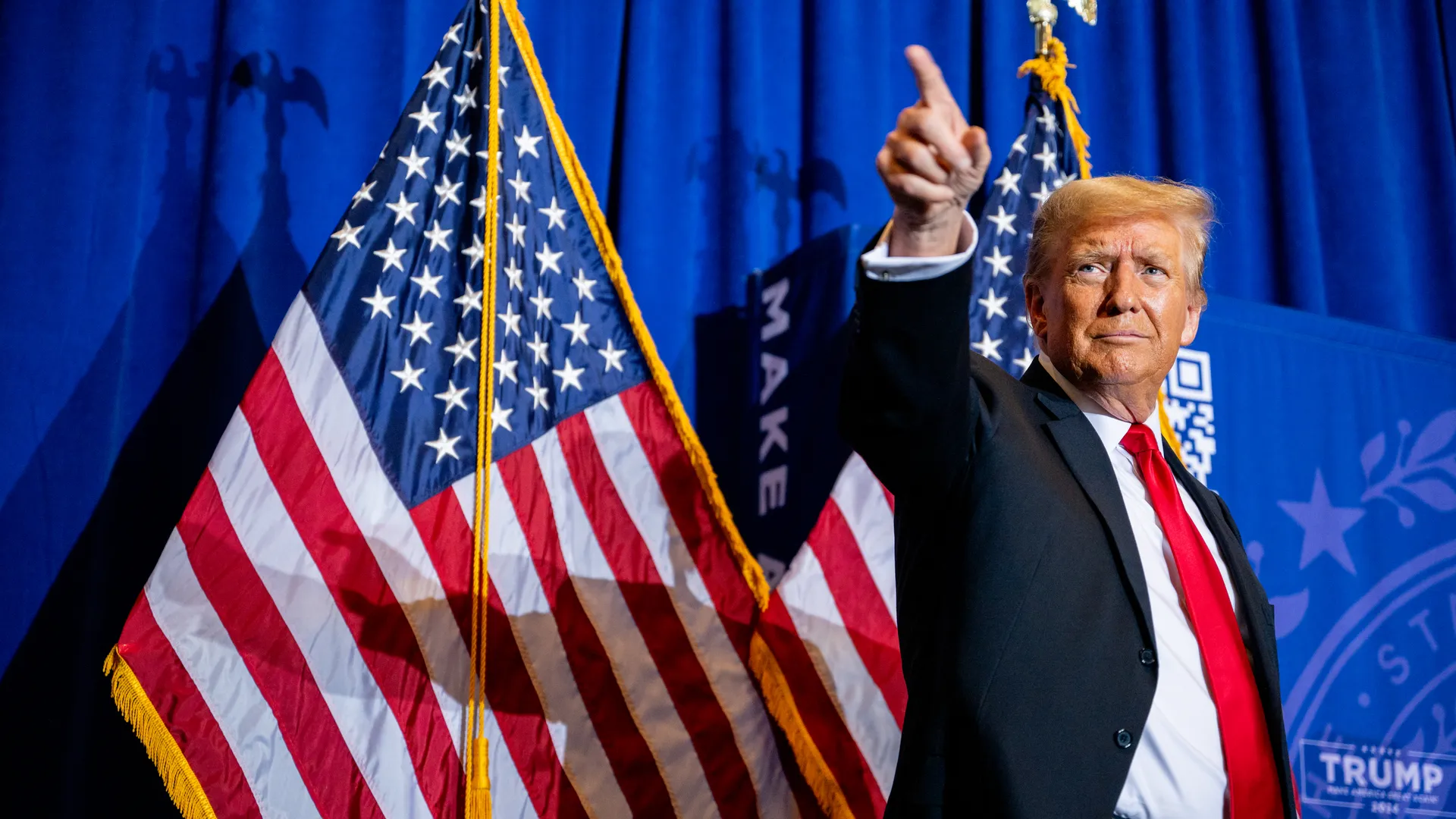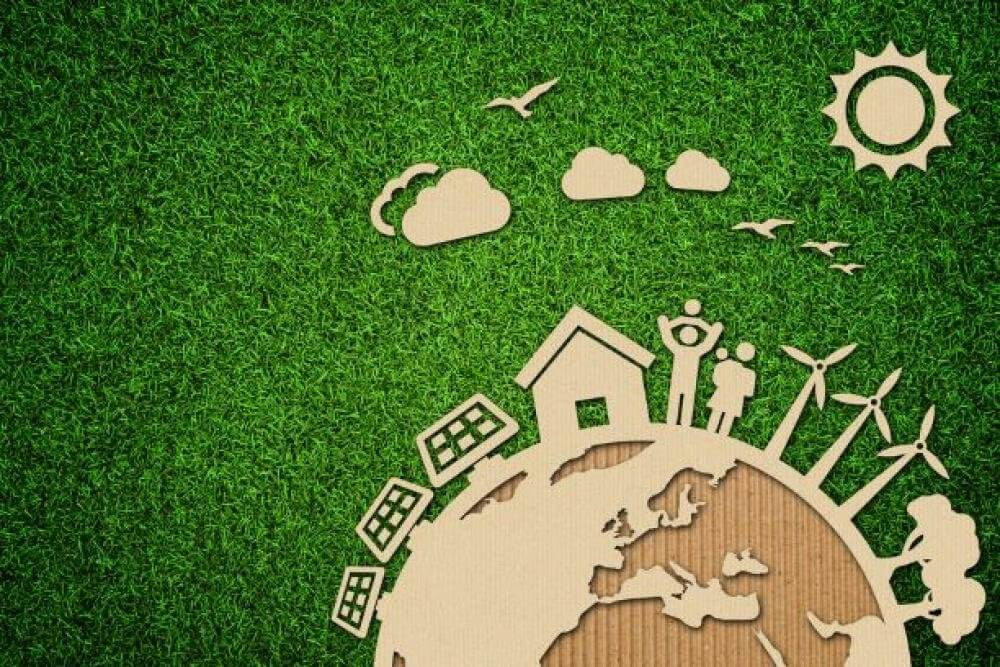Since the completion of the US vote count late on the night of November 5, business analysts worldwide have been attempting to predict – how Donald Trump’s re-election may influence the global economy and specific regional economies, including Vietnam’s.
Given Trump’s unpredictable nature, his second term could significantly impact Vietnam’s economy in several unprecedented ways.
Opportunities amidst Tensions
The ongoing U.S.–China trade tensions have created opportunities for Vietnamese goods, particularly in sectors like electronics and textiles. As companies look for alternatives to Chinese products, there is an increased demand for competitively priced Vietnamese products. If Trump imposes further restrictions on China, this demand could surge even more, benefiting Vietnam’s export market.
While opportunities exist, Trump’s ‘America First’ policies could introduce significant uncertainties into global trade. Vietnam faces challenges given the substantial trade deficit the US has with Vietnam, which reached nearly USD77.6 billion in the first 10 months of 2024. The increasing investment from Chinese companies into Vietnam, often through joint ventures designed to export products to the US market under Vietnamese labels and evade the high tariffs on Chinese goods and the country’s growing interest in joining BRICS – may also provoke further scrutiny from Trump’s administration.
Navigating Complex Power Relationships
Given these dynamics, it will be crucial for Vietnamese authorities to carefully manage their relationships with the major powers, notably the US, China, and Russia. In view of its geo-political position, Hanoi could consider diplomatic initiatives similar to the previous US-North Korea summit in 2017, which Trump himself attended, to solidify its position as a facilitator of world peace and stability. Such a strategy could elevate Vietnam’s international stature and unlock further economic opportunities.
Market Reaction and Future Outlook
On a positive note, Vietnamese real estate and stock markets reacted positively to the electoral news, with the VN-Index rising 1.25% on 6 October. Notably, the Trump Organization has also signed a USD1.5 billion deal in a real estate project in Hung Yen Province during party chief To Lam’s visit to the US in September. This indicates a growing interest in Vietnam’s real estate market, likely driven by the new Land Law effective since August 2024. However, it is important to recognize that in the long term, the market may experience volatility as investors react to US policy changes, which could impact capital flows depending on the direction Trump decides to take with his economic agenda.
In summary, while Trump’s re-election presents both opportunities and challenges for Vietnam, how the country navigates these complexities will determine its economic trajectory in the coming years.



